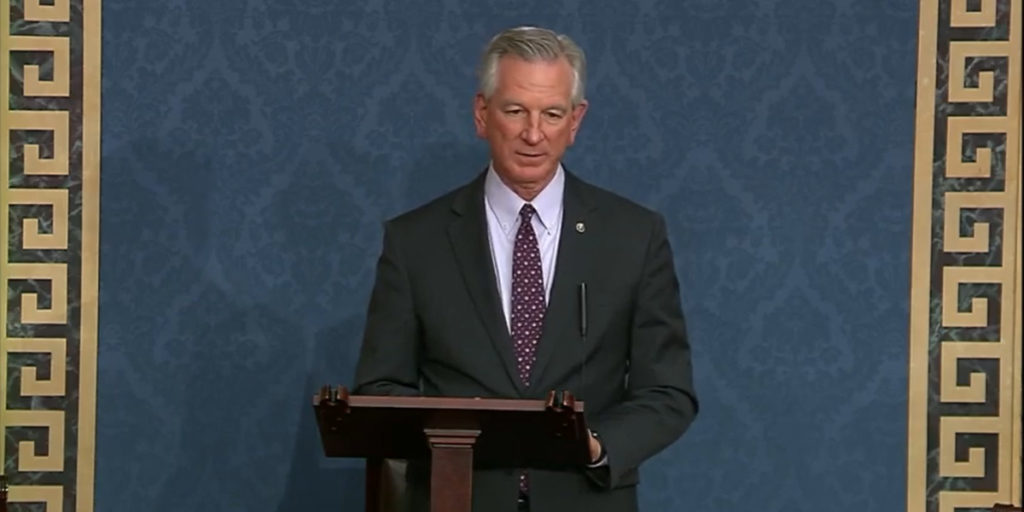
Here are two statements, both made on the floor of the United States Senate. One of them was delivered by the U.S. Senate’s most liberal Democrat, the other by one of the body’s most conservative members.
See if you can tell the difference.
Statement A:
I come to the floor today to ask a fundamental question: Who does Congress work for? Does it work for the millionaires, the billionaires, the giant companies with their armies of lobbyists and lawyers? Or does it work for all the people. People are frustrated with Congress… Mostly it’s because they see a Congress that works just fine for the big guys, but it won’t lift a finger to help them. If big companies can deploy armies of lobbyists and lawyers to get the Congress to vote for special deals that benefit themselves, then we simply confirm the view of the American people that the system is rigged.
Statement B:
Three of our greatest ‘Masters of the Universe,’ I like to refer to, have joined in an op-ed in the New York Times just last week to share their wisdom from on high and to tell us in Congress how to do our business…
Sheldon Adelson… Warren Buffett… and Bill Gates… all super billionaires, aren’t happy, apparently. They don’t have much respect for Congress, and by indirection the people who elect people to Congress, it appears by the tone of their article.
[…]
Those three billionaires have three votes. The individual who works stocking the shelves at the grocery store, the barber, the doctor, the lawyer, the cleaners operator, [and] the person who picks up our garbage are every bit as valuable as they are. So I know who I represent. I represent citizens of the United States of America…
Both statements take direct aim at the big-money special interests who average Americans increasingly believe are controlling the country. Statement A was made by Democrat Sen. Elizabeth Warren, the presidential candidate of choice for many in the Democratic Party’s far-left base. Statement B was made by Republican Sen. Jeff Sessions, whose conservative political positions could not place him any farther away from Warren’s views on the ideological spectrum.
So how is it that two pols who are diametrically opposed on basically every issue could sound so incredibly similar?
They’ve both — better than any other elected officials in the country — grasped the fact that “Americans of all stripes agree: The system is stacked against them.”
The Wall St. Journal’s Neil King lays out the results of a recent NBC-WSJ poll:
58 percent of Democrats; “51 percent of Republicans; 55 percent of whites; 60 percent of blacks; 53 percent of Hispanics; as well as decent majorities of every age and professional cluster, including blue-collar workers, white-collar workers and retirees” all hold that belief that America’s economic and political systems are stacked against them.
But, just like Sens. Warren and Sessions, there is significant disagreement among American voters about what should be done to rectify the inequities.
“A majority of Republicans who feel things are stacked against them say the government is doing too much,” King explained, “while an even larger majority of Democrats of similar mind think the government should do more.”
Sessions is proving that Republicans can compete and win by engaging this large and growing segment of the voting population. But while Sen. Warren enjoys “the biggest spread in positive goodwill” with that voting bloc, no potential 2016 Republican presidential candidate other than Sen. Rand Paul maintains a net positive image among them.
“Anyone running for the White House in 2016 will want to appeal to this huge block of the politically and economically alienated,” King said.
And Sessions is giving Republicans the blueprint for how to do it.
[h/t The Fix]
Like this article? Follow me on Twitter and let me know what you think.
— Cliff Sims (@Cliff_Sims) December 3, 2014












